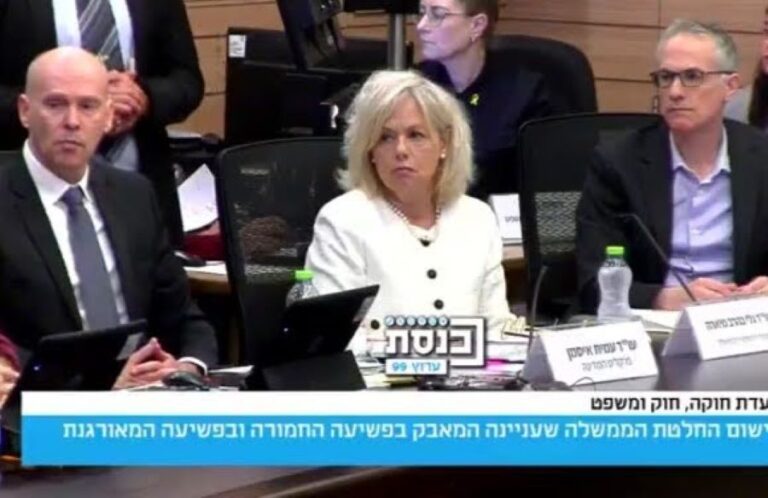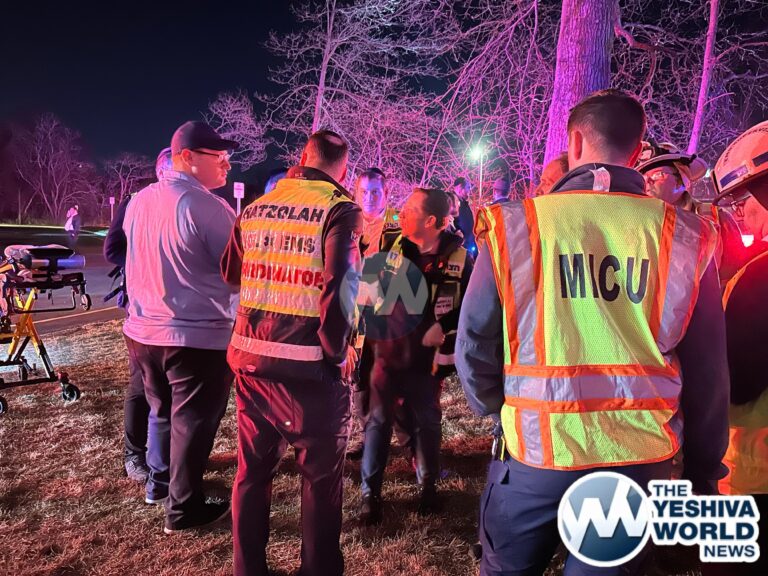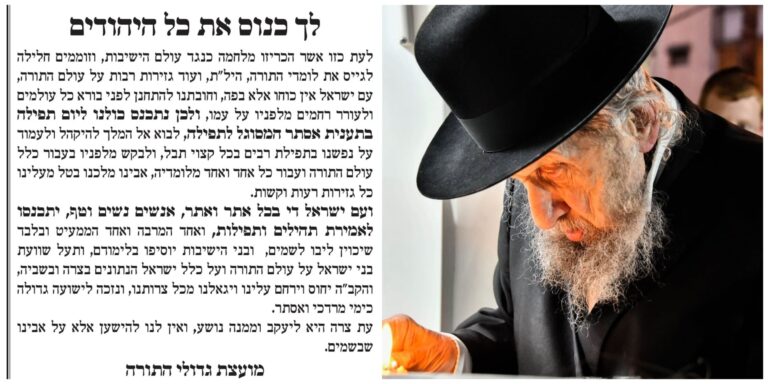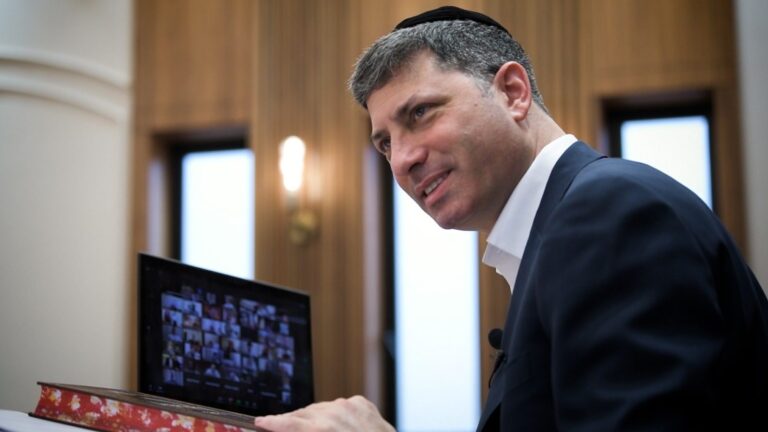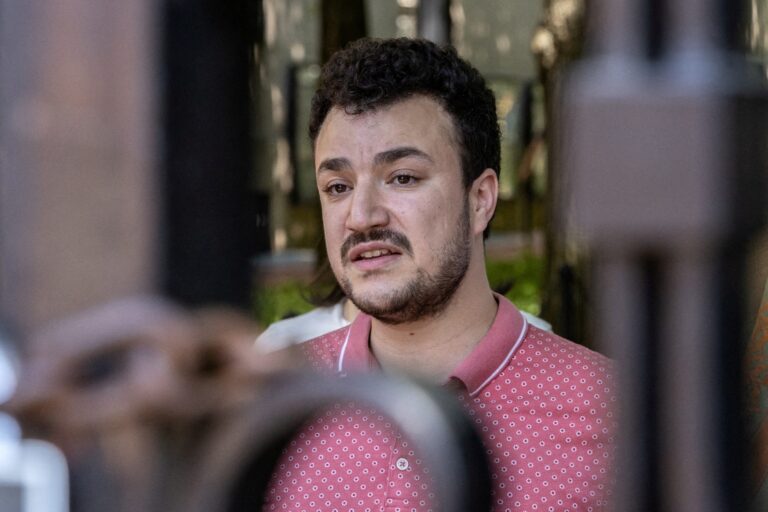As we know, chumash Devarim is referred to as Mishna Torah, because it is a review of the entire Torah. One goal of this sefer is to review all of the mitzvos that Hashem has given us, for the sake of chazara.
The mitzvah of Shabbos is mentioned nearly twenty times throughout the torah, and is one of the most fundamental mitzvos. However, inMishna Torah it is mentioned only once, in the recital of the Aseres haDibros. It’s glaring omission is a bit puzzling. How can it be that one of the most important mitzvos in the Torah is barely mentioned in Mishna Torah? We know that nothing in the Torah is a coincidence; therefore the intentional lack of chazarah of Shabbos begs further iyun and explanation.
The Meshech Chochma explains that we learn the importance of Shabbos from the mikoshesh eitzim. When Moshe asked Hashem what the appropriate punishment for the mikoshesh eitzim was, Hashem responded that he should be taken out and stoned in front of the whole congregation to show the rest of klal Yisroel how severe chillul Shabbos is. The public stoning left such a lasting impression on klal Yisroelthat there was no need to mention an ahzara (a warning) for Shabbos anymore. They saw how choshov and heilige Shabbos is from theparasha of the mekoshesh, leaving no need to mention it again in arvos moav.
Similarly, the Ramban writes in his introduction to sefer Devarim that mishna Torah is a chazarah. He continues to explain this, saying that there’s no need to mention the mitzvos that pertain to Kohanim a second time because ‘kohanim zerizus heim’. Since the Kohanim weremidakdek in their mitzvos there was no need to review the laws pertaining to them. We see the same concept with klal Yisroel andShabbos. Only the mitzvos that needed chizuk were repeated; the mitzvos that didn’t need chizuk due to the nation’s extra commitment, such as Shabbos, were not repeated.
There’s a story brought down with Reb Yitzchok Sheiner, the current Rosh Hayeshiva of Kaminetz in eretz Yisroel. When he was younger he attended college in Pittsburgh. His professor was Jewish but unfortunately not frum. One day his professor came in and announced his engagement to a non-Jew. The wedding date was set and he wanted to share the good news with his class. As the wedding date approached closer and closer he kept on pushing it off. He pushed it off once, and then again, and then again. After the third time he broke the ‘shidduch’. A short while after that Reb Yitzchok built up enough courage to ask the professor why he had broken his engagement. His professor replied with the following: ‘when I was a young child I had the opportunity to visit the Chofetz Chaim just once, even sleeping in his house for a night. His image left such a strong impression on me that I just couldn’t bring myself to marry a shiksa no matter how much I wanted to.’
This story teaches us that all a person needs in order to achieve a level of greatness is to see one incident, big or small, that leaves a lasting impression. The vision bnei Yisrael had of the painful stoning of the mikoshesh eitzim stayed with them forever, instilling within them the importance of shmiras Shabbos. If a person witnesses something positive and he internalizes it and keeps it with him, it can change his life forever. We have to also be careful for the opposite, chas v’shalom. Negative impressions can also, god forbid, change our outlooks or attitudes forever.
Hashem should give us the siyata d’shmaya to witness only good things which will help us change our lives for the better to help us witness the coming of Moshiach in our days.
HAVE A GREAT SHABBOS.
WE NEED YOUR HELP TO CONTINUE. PLEASE CONSIDER SPONSORING AN ISSUE, FOR ANY OCCASION. FOR DETAILS EMAIL: [email protected].
For questions or comments please send an email to: [email protected]
To add a friend to this weekly email list please send a request to: [email protected]
CHECK IT OUT. IT’S NOW LIVE. LOOK UP ALL YOUR FAVORITE VERTLUCH AT: www.vertluch.com


